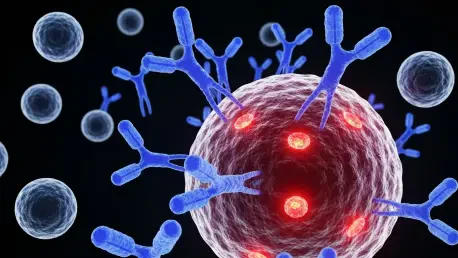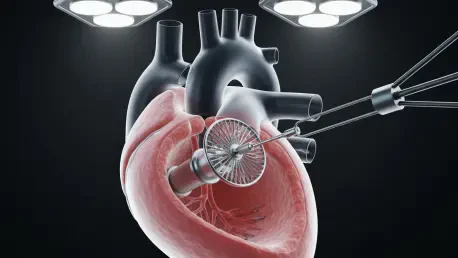
A transformative shift is underway in the treatment of Acute Myeloid Leukemia, offering renewed hope for patients battling the most aggressive and resistant forms of this devastating blood cancer. For years, the prognosis for individuals with relapsed or refractory AML has been bleak, with standard

The landscape of cancer immunotherapy was shaken as Arcus Biosciences announced the termination of a pivotal Phase 3 trial for its TIGIT-targeting drug, domvanalimab. The decision, prompted by a finding of "futility," delivers a significant setback to its partner Gilead Sciences and casts further

The translation of profound academic research into tangible technologies that address humanity's most pressing challenges stands as a hallmark of institutional excellence, a commitment exemplified by the University of California, Los Angeles. In a significant recognition of this mission, two

The journey to bring a new medicine to market is a monumental undertaking, frequently spanning over a decade and consuming more than two billion dollars in investment, a reality that has long created a significant bottleneck in addressing pressing global health challenges. In this high-stakes

The home of Barbara and Dennis Meade in Ypsilanti, Michigan, is filled with the unmistakable artifacts of significant health challenges, from the walkers and wheelchairs to the oxygen tanks required for Barbara's chronic respiratory disease. Yet despite these daily realities and their shared,

A groundbreaking analysis presented at the European Association of Cardiovascular Imaging 2025 congress has shed new light on a critical and burgeoning field of medicine, revealing that treating valvular heart disease in cancer patients can dramatically improve their survival rates. As remarkable